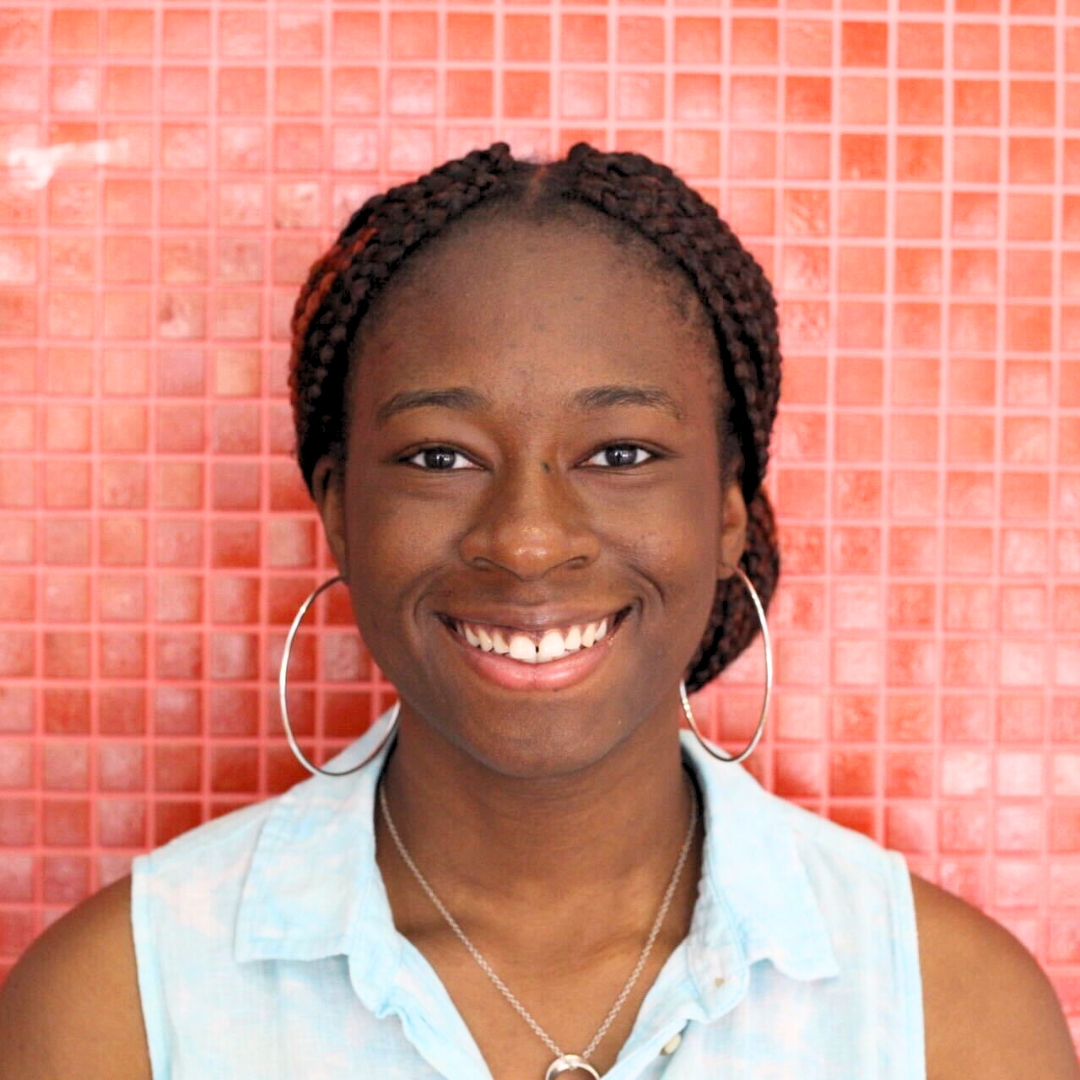Do high schools prepare Canadians for university? Do universities bridge the gaps high schools may create?
The difference in the environment in high school versus university cannot be overstated. Everything is different: expectations for academic performance, degree of student autonomy, level of guidance available to students and so much more.
If a person decides to pursue a post-secondary education, they will inevitably have to make this jump. This begs the question of whether students feel adequately prepared to successfully transition to university life. There are many facets of this conversation, but this article will focus on examining if the average Canadian high school (excluding Quebec and CEGEP) and average Canadian university support students’ transition from academic expectation in high school to that of universities.
The average Canadian high school focuses on providing students knowledge in core subjects: English, Mathematics, Science, Canadian History, Canadian Geography and a few others. In Grade 12, some students write their provincial Grade 12 test and their final exams. They apply to the university of their choice and are off to higher education.
Does this system prepare students for university?
According to Canada, it does. The Canadian Association of Public Schools-International (CAPS-I) says “graduating from a Canadian high school puts students in a good position for further education.” Similarly, EduCanada states that Canada has one of the “strongest records of student achievement in the world”. In the most recent review by the Organization for Economic Co-operation and Development (OECD), the Canadian education system ranked ahead of the United States, Australia and the United Kingdom in reading, math and science.
Moreover, Canada also had the second highest rate of high school completion worldwide. Going by these statistics, Canadian high school students seem more than prepared academically for the average Canadian university.
However, not all Canadian students agree with this conclusion. News articles pre and post-COVID echo similar sentiments: while the students interviewed largely felt prepared content-wise for university, they believed they were largely under-prepared in other aspects. Cultivating proper study behaviours, meeting deadlines and managing stress were the top areas high school students felt unready to handle. This feeling affected several decisions the students eventually made, including the universities they attended and their decision to take a gap year.
These worries also reflected a larger issue found throughout the educational system: does a Canadian education prepare students for the real world? A student in an interview with Global News remarked, “I know how to solve a derivative, but I have no idea how to do tax returns or set up an account at the bank or anything like that.” Those are not the skills you learn from university and since those are the skills you need in real life, it raises the question of whether there is a need to change the university system entirely.
Here at the U of O, the Fulcrum asked students if they felt their high school prepared them for university life here.
Sofia Zaynullina, a fifth-year physics student remarked, “High school did not prepare me for managing my routine and living alone in university. With regards to school work, while my high school did a good job preparing me for the STEM-oriented subjects, it didn’t do as great a job in history and geography. The focus on Canada in those subjects doesn’t properly equip you for a future in law or political studies. However, I know that experiences vary in different high schools.”
Similarly, Nina Barbosa, second-year PhD anthropology student commented, “I don’t think high school prepared me to face university-level evaluations. In high school, evaluations are really simple and grading is flexible. At university, the speed at which we learn is much faster, and the evaluations are more complex. It’s very easy to go off track.”
While high schools play a huge role in ensuring students feel prepared for university, they do not bear the burden alone. Universities are aware that there is a large difference between high school culture and university culture. They are also aware that students may be unaware of how large that difference is. As a result, they too have a responsibility to help students adapt to university life.
The University of Waterloo’s website page ‘Seven differences between high school and university’ is dedicated to addressing this issue and guiding new students to some helpful resources. While the U of O may not have the exact same setup, it does have resources to assist new students who may be struggling integrating to university culture. The Academic Writing Help Centre, the Faculty Mentoring Centres and the Regional Mentoring Centre are a few of the tools provided by the university to that end. However, is this support enough and should the university be doing more?
Having the resources available for students is not the end of the conversation. It opens the doors for opportunities for further development. Are these resources adequate? Are they easily accessible? Do students know about them?
Second-year computer science student Ahmud Hossain said, “I’ve heard of some resources but I’m not completely sure about the details. I never really used them myself.”
Similarly, Eden Samson, fourth-year health science student, noted the existence of these services, but didn’t personally use them. “I’ve heard that resources exist but I haven’t really interacted with them. I think they could be better advertised.”
While these resources exist, it is unclear whether their targeted audience utilizes them or are aware of their functions. With this reality, can the U of O say for certain that it is doing enough to support students trying to adapt to post-secondary education life?
It is evident that while Canadian high schools equip students for Canadian universities in some regard, the system leaves students unprepared for other aspects of university that are essential to their success. On the other hand, while Canadian universities are aware that students struggle to adapt to university culture, they do not provide enough support to facilitate a smooth transition for students. Overall, supporting students’ transition from high school to university is complex. It requires work from all stakeholders in the issue: students, high schools, universities and school boards.








